Recovering from an overdose can feel confusing, scary, and full of questions. You might wonder how long does an overdose take to recover or what happens next. There’s no one answer because every person and every situation is different. Some feel better in days. Others need weeks or even months to heal. What matters most is knowing you’re not alone and that help exists. Medical care, mental health support, and time all play a part in recovery. If you’re looking for a place to start, Harmony Ridge Recovery Center WV offers care that meets you where you are. Whether this is your first overdose or part of a longer struggle, this guide can help you know what to expect and what steps can move you forward—at your own pace, one day at a time.
Understanding the Overdose Recovery Timeline
Every person asks the same thing at some point—how long does an overdose take to recover? The truth is, it varies. The drug used, how fast you got help, and what care comes next all shape the timeline. Some bounce back in weeks. Others need months. Treatment makes a big difference.
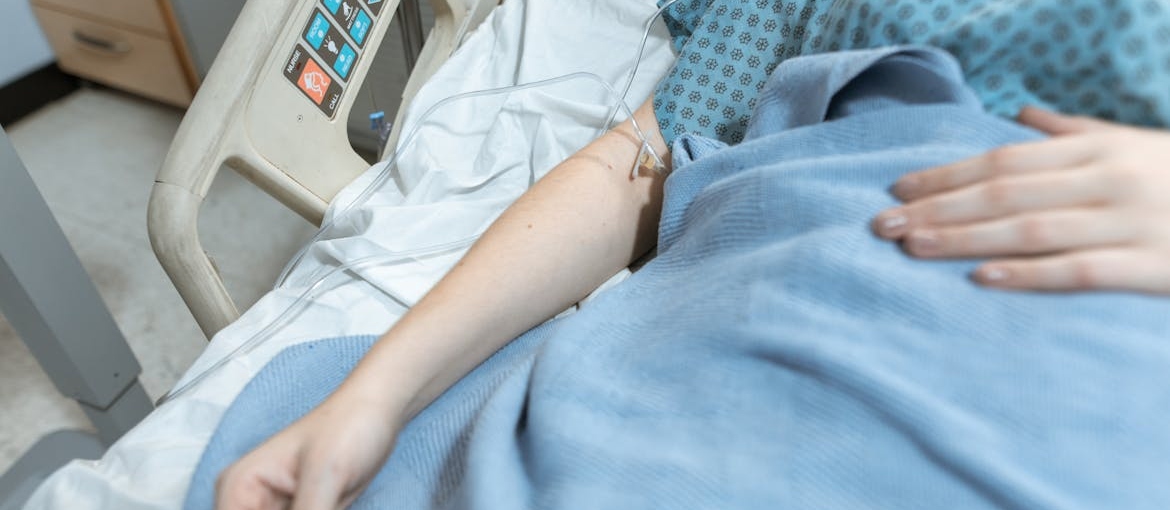
Places like a drug rehab center Point Pleasant WV has offer full programs that guide you through every step. Without care, the process takes longer and feels harder. Healing isn’t just physical. Mental health, sleep, and motivation take time to rebuild. And you’ll have good days and setbacks. How long do you have to reverse an overdose? Minutes. That’s why fast help matters. But recovery doesn’t stop once you’re stable. It’s about learning how to stay safe and build a better life.
Stages of Overdose Recovery
Each phase brings new challenges. Knowing what are the stages of an overdose and recovery helps you stay ready. Here’s what to expect as you move forward:
- Emergency care: Doctors reverse the overdose and stabilize you.
- Withdrawal stage: Your body reacts as the drug leaves your system.
- Emotional crash: Feelings like guilt, fear, or confusion often appear.
- Medical detox: Some enter a treatment center for supervised detox.
- Early recovery: Therapy, structure, and healing start to take shape.
- Long-term work: You rebuild habits, set goals, and manage triggers.
Common Symptoms During Recovery
Some symptoms fade quickly. Others linger for weeks. If you’re wondering how long does an overdose take to recover, these side effects often slow the process:
- Sleep issues: Trouble falling or staying asleep is common.
- Anxiety: You may feel on edge or panicky often.
- Fatigue: Low energy and brain fog can last for a while.
- Mood swings: Emotional ups and downs are part of healing.
- Digestive issues: Stomach pain, nausea, or poor appetite may occur.
- Cravings: Sudden urges to use again can come without warning.
- Body aches: Muscles or joints may feel sore or tense.
- Irritability: Even small things can feel overwhelming or frustrating.
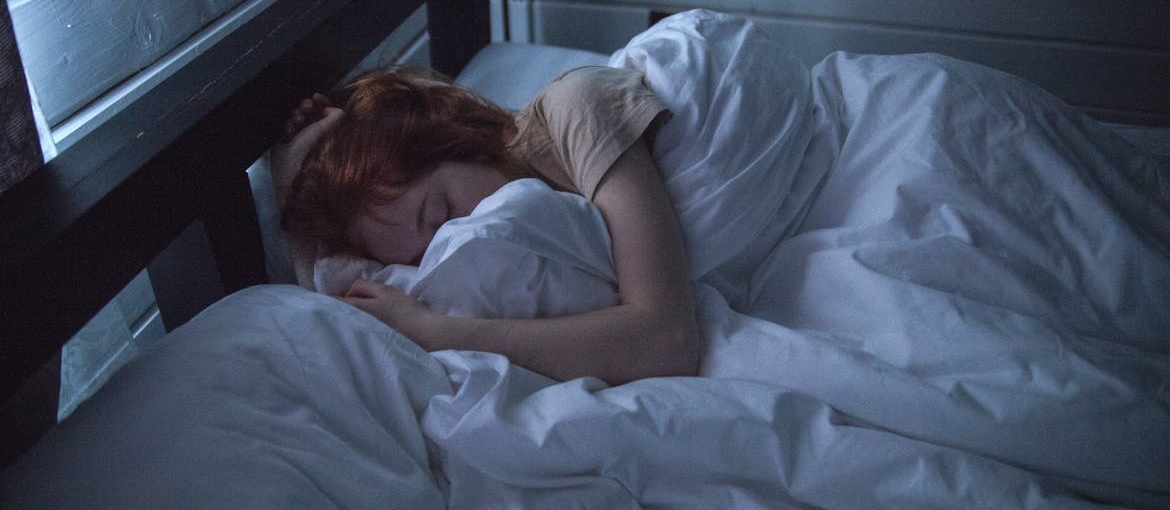
Mental Health Support in Overdose Recovery
Overdose recovery doesn’t just affect the body—it hits the mind too. Depression, shame, and fear are common after you survive. Some feel frozen or numb. Others feel guilt they can’t explain. This is where therapy helps. Finding group therapy for addiction allows you to talk about what happened with others who get it. That connection matters more than you think. You don’t have to fake being fine. These groups offer real support without pressure.
If you’re still asking how long does an overdose take to recover, mental health care plays a huge role in the answer. Good therapy shortens emotional distress and keeps you steady when things feel heavy. Some start with private therapy. Others prefer groups first. Both help you stay grounded, especially when thoughts feel too big to carry alone.
Medical and Holistic Treatment Options
When people ask how long does an overdose take to recover, they often forget how treatment changes that answer. The care you get makes a real difference in your body, your mind, and how long healing takes. Medication, detox, and holistic care each play a part. Some need structure, some need calm, some need both. These options work best together. You don’t have to pick just one. Recovery works better when you combine support.
Benefits of a Medication-Assisted Treatment Program
A medication assisted treatment West Virginia program helps manage the hardest parts of early recovery. These programs reduce cravings and withdrawal symptoms so you don’t feel overwhelmed every day. When people ask how long does an overdose take to recover, this kind of help can shorten the early phase. It’s not a quick fix—but it gives your body a better chance to rest and reset.
This matters most for people struggling with opioids or alcohol. The treatment includes medications like buprenorphine or naltrexone, along with therapy. You don’t have to just hope things get better. This program gives structure, safety, and a way to stay focused. For someone asking what is the best thing to do if you overdose, the answer often includes starting a treatment program with strong medical support.
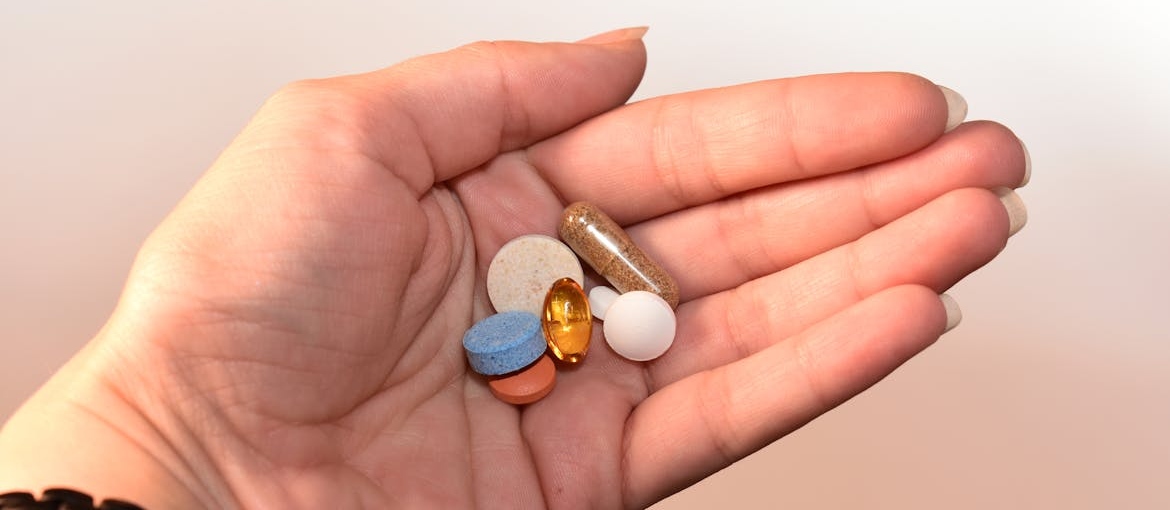
How Medical Detox Supports Physical Recovery
Detox is the first step toward healing your body after substance use. Heroin rehab centers often start with supervised detox because withdrawal can be intense and even dangerous. That’s especially true if you’ve been using for a long time or mixing drugs. Medical detox gives you a safe space to get through those first few days. It also reduces serious risks like seizures or dehydration.
Many people asking how long does an overdose take to recover don’t know that detox makes everything after it more effective. You can’t move forward when your body is still in crisis. Getting through detox with help allows you to focus on the next steps—like therapy, support groups, or medication. It also helps you avoid another overdose.
Holistic Addiction Treatment Methods That Work
You don’t have to rely only on medicine to feel better. Holistic care supports your whole body and helps rebuild your daily routine:
- Daily movement: Walking or stretching helps reduce stress.
- Breathing exercises: Slows your heart rate and calms panic.
- Music or art therapy: Expresses emotions in ways words can’t.
- Sleep hygiene habits: Helps your body heal faster.
- Nutritional support: Rebuilds strength after long-term use.
- Outdoor time: Sunlight and nature can improve mood and focus.
- Journaling routines: Helps process feelings and track mental shifts.
- Spiritual practices: Prayer or reflection can bring comfort and purpose.
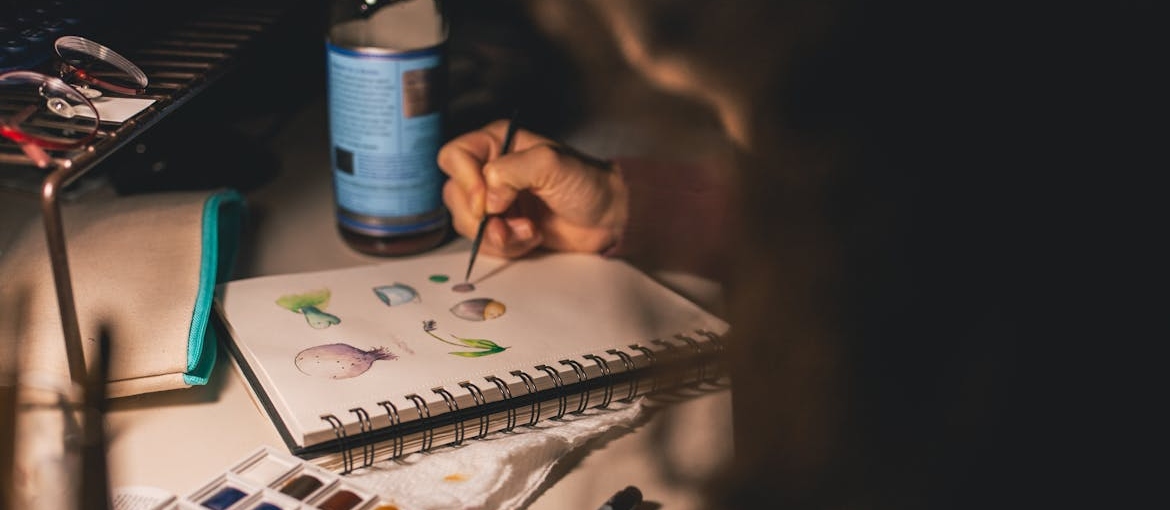
Preventing Relapse After an Overdose
Relapse can happen fast, especially if you leave treatment too early or try to go it alone. You may feel fine and start skipping meetings. Then stress hits. Or someone offers you the same drug. One decision can bring it all back. That’s why creating a relapse prevention plan is so important. Think about where you’ll go for support. Plan what you’ll do if a craving hits. Write it down. Keep it visible.
If you’re still wondering how long does an overdose take to recover, remember this part—recovery only lasts when you protect it. Relapse doesn’t mean you failed. But preventing it saves time, money, and pain. Get help before the urge returns. Recovery isn’t just staying clean. It’s staying connected, prepared, and focused—especially when life gets hard again.
What Loved Ones Should Know
If someone you care about overdosed, you’re probably scared and confused. You may be asking how long does an overdose take to recover. You might feel helpless. Don’t stay silent. Start with basic support—check in, listen, ask questions. Encourage care without forcing it. Suggest something like a cocaine rehab West Virginia program if you know drug use was involved.
Keep Narcan on hand in case of emergency. Talk openly about triggers. What are the stages of an overdose? Learn them. It could save their life. Don’t assume one ER visit means they’re okay. Long-term help matters. You can’t fix their addiction, but you can be steady support. Let them know you care without trying to control them. They may push back—but they’ll remember who stayed close when it counted most.

Planning for Long-Term Sobriety
Once the crisis passes, staying sober becomes the real work. How long does an overdose take to recover doesn’t stop at detox or the hospital. Long-term recovery depends on what you do next. Habits, motivation, and support systems all matter. The way you live every day can shape the way you feel. You don’t need a perfect routine. You just need one that works for you. These steps can help you stay on track without feeling lost.
How Recovery Resources Keep You Focused
Peia insurance rehab coverage often helps people access therapy, outpatient services, and group programs. That support matters more than most expect. It’s easy to feel lost once the emergency passes. Resources—like sober coaches, online support groups, or meetings—help you stay steady. They remind you of your goals and give you tools when things get hard.
If you’ve ever asked how long does an overdose take to recover, the support you use plays a big role. Without it, relapse risk goes up. With it, healing feels possible. What is the chance of surviving an overdose? It improves with long-term help. Use every resource you can. Don’t wait until things get bad. Even one check-in a week can keep you from slipping. The support is out there. You don’t have to do this alone.
Daily Habits That Support Sobriety
Sobriety doesn’t run on willpower alone. Your habits make it easier to keep going, even when things feel off. If you’ve ever asked how long does it take to recover from an overdose, daily structure plays a big part. Here are helpful habits to build:
- Keep a morning routine: Gives you direction as the day starts.
- Eat regular meals: Fuels your brain and helps with mood.
- Set phone limits: Cuts off distractions and stress.
- Use a planner or calendar: Keeps you organized and focused.
- Create a sleep schedule: Helps with energy and mental clarity.
- Make time for hobbies: Keeps your mind busy and improves mood.
- Stay connected with others: Regular contact reduces isolation and builds support.
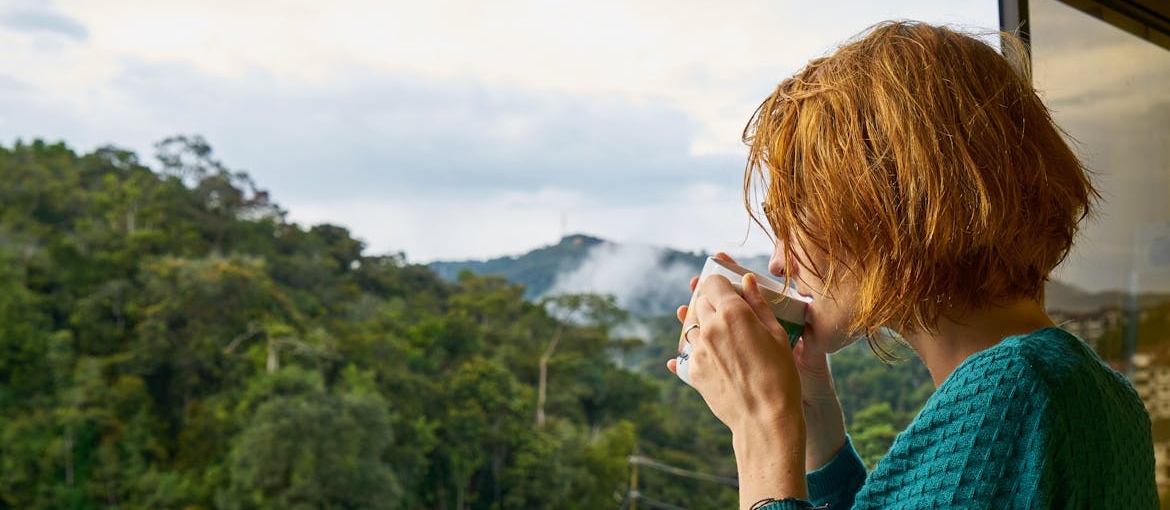
Staying Motivated in the Later Stages of Recovery
The further you get from the overdose, the harder it can be to stay focused. Life gets busy. Stress creeps in. You might start thinking you’re fine now. That’s why it helps to stay connected. How long does an overdose take to recover isn’t just about days or weeks—it’s about staying motivated over time.
Some people lose steam once the worst part is over. That’s when cravings or boredom come back. Keep checking in with how you feel. Set new goals as you grow. Track small wins. Talk to someone if you’re slipping. You’ve come this far. Don’t let one rough day undo everything. Stay connected to what keeps you moving.
Recovery Takes Time—And That’s Okay
If you’re asking how long does an overdose take to recover, you’re likely going through a hard time. Recovery depends on the drug, your health, and the help you get. It may feel slow, but progress still counts—even on rough days. You don’t have to do it alone. Support, structure, and good treatment can make a real difference. Talk to someone. Ask for help. The sooner you start, the sooner healing can begin. Recovery isn’t easy, but it is possible. One step at a time is still forward. You’re not broken—you’re just healing. And there’s still time to turn things around.



